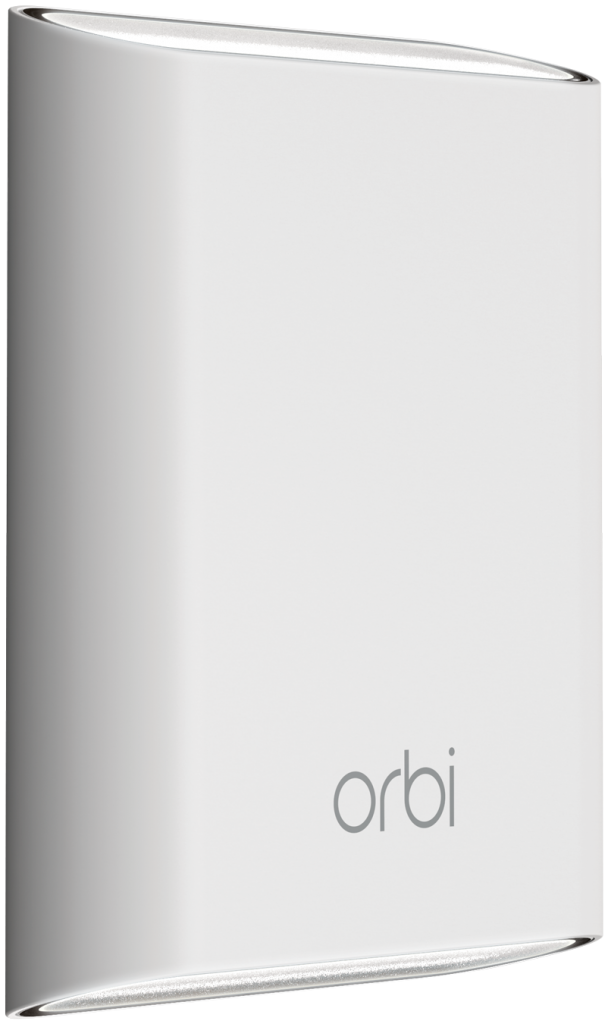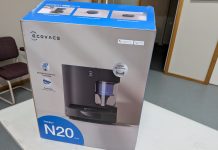These days wifi isn’t just nice to have, it’s a necessity of life – so much so that many homes and businesses have significant investment in their infrastructure to ensure coverage throughout the premises. Many of these rely on interior based devices covering the outdoor living areas which often aren’t sufficient, enter the Orbi Outdoor Satellite.
Built to be a simple add-on component for an existing Orbi Mesh wifi system, the outdoor satellite is capable of plugging into nearly any network, but when plugged into an existing Orbi based network it has so much more to offer.
The new Orbi Outdoor Satellite inherits the capabilities of the Orbi Whole Home WiFi System, including a single network name for seamless roaming, a dedicated third channel for data exchange between the satellite and router, and a separate and secure Guest WiFi network. The new satellite will also adopt the characteristics of Orbi Pro for Small Businesses when added to that network, such as guest and employee traffic separation and a dedicated admin network.
The new outdoor satellite is designed for outdoor use with an IP56 dust and water-resistance rating it can be mounted either on a stand or wall-mounted on the side of a house, garage, terrace or shed. The outdoor satellite allows you to add a larger Wi-Fi covered area around your home or business.

The Orbi system as a package is like many other Wifi Mesh systems where it creates a coverage across your entire home, the satellites have a separate channel to communicate between points which reduces wifi lag and packet collision as well as the capability to scale your setup to meet your needs.
If you’d like to know more about the Orbi system check out our review, or you can check out more specifically about the Orbi Outdoor Satellite here.
What’s the feature set you must have for your wifi setup?





What’s the feature set you must have for your wifi setup?
The ability to give different devices a different dns server. It’s a special case, but I think it precludes most mesh WiFi solutions.